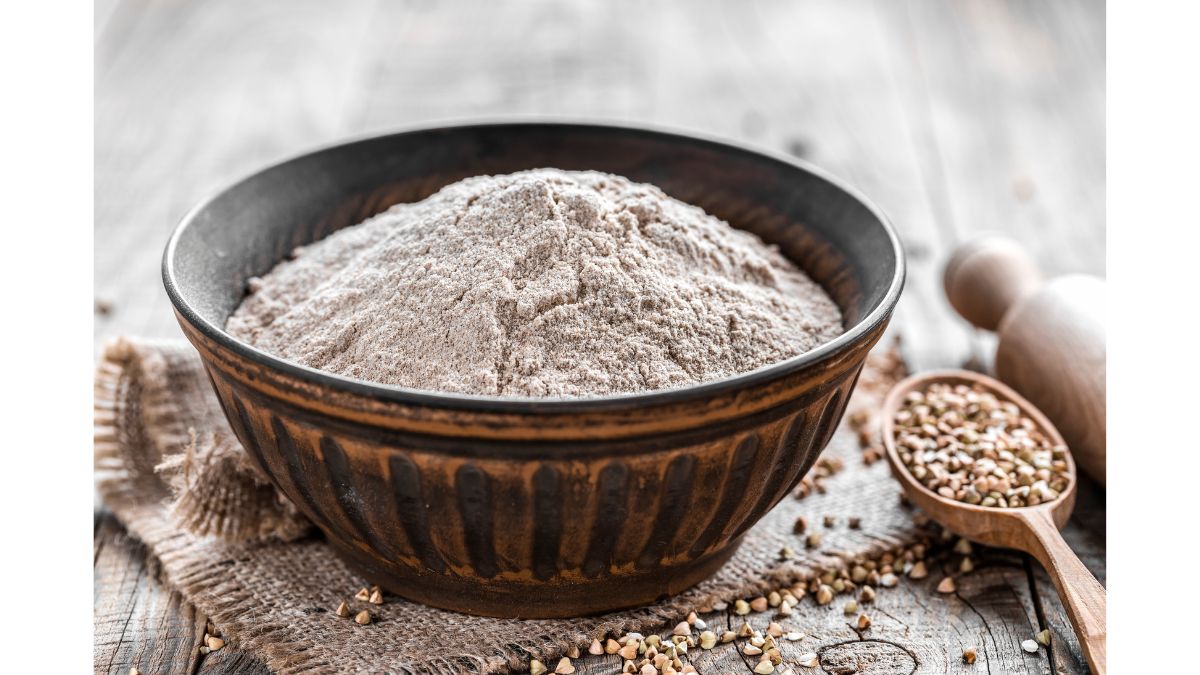- By Prerna Targhotra
- Mon, 26 Aug 2024 09:10 AM (IST)
- Source:JND
Janmashtami Fasting Rules: The popular festival celebrating Lord Krishna's birth, Janmashtami is a significant occasion in Hindu tradition marked by devotion, fasting and celebration. With the celebrations of this celebratory day, it is important to know which foods are suitable for fasting and which ones should be avoided to maximise the spiritual and physical benefits of the practice.
Proper dietary choices can enhance your fasting experience, keeping you nourished and spiritually focused. Here’s a guide to the types of foods to include and those to steer clear of while fasting on Krishna Janmotsav.
Foods to Eat During Janmashtami Fasting
Fruits: Fruits are a great choice for fasting because they are light, hydrating, and packed with nutrients. Bananas, apples, and pomegranates are particularly good options as they offer essential vitamins and energy. You can also prepare fruit salads or smoothies using permissible fruits.
Coconut: Fresh coconut and coconut water are perfect for fasting. They provide hydration, healthy fats, and a mild sweetness. Enjoy coconut in its natural form or use it in recipes like coconut-based dishes.
Sabudana: Sabudana is a popular fasting food in India, often used in dishes like khichdi or vada. It’s rich in carbohydrates, giving you a quick energy boost and keeping you full for longer. Sabudana is typically cooked with peanuts, potatoes, and mild spices.
Paneer: Indian cottage cheese, or paneer, is a good source of protein and can be included in your fasting menu. Enjoy it in dishes like paneer tikka or paneer curry, ensuring no onions or garlic are used.
Kuttu (Buckwheat Flour): Kuttu flour is frequently used during fasts to make dishes like pancakes, puris, or khichdi. It offers vital nutrients and helps maintain energy throughout the day.

Janmashtami Fasting Rules (Image Credits: Canva)
Foods to Avoid During Janmashtami Fasting
Grains and Pulses: Common grains such as rice, wheat, and pulses are generally avoided during fasting periods as they do not align with traditional fasting practices. Opt for fasting-friendly alternatives like those mentioned above.
Onions and Garlic: These ingredients are excluded from fasting diets because they are considered tamasic, which is believed to promote lethargy. Avoid using them in any fasting dishes.
Processed Foods: Foods that are processed or packaged often contain additives and preservatives, which are not suitable for fasting. Stick to fresh, natural foods instead.
Non-Vegetarian Foods: During Janmashtami fasting, meat, fish, and eggs are not consumed. The focus is on vegetarian foods that adhere to the purity of the fasting ritual.
Sugary Sweets and Artificial Drinks: Although sweets are part of the celebration, during fasting, avoid sugary and artificially sweetened treats. Choose naturally sweet options like fresh fruits or homemade sweets made with fasting-appropriate ingredients.
Staying Balanced And Hydrated
Maintaining hydration is key during fasting. Drink plenty of water, and consider adding coconut water or fresh fruit juices to keep hydrated and sustain energy levels. The aim of fasting is not only spiritual but also to maintain your physical well-being.
ALSO READ: Janmashtami 2024: 5 Easy Bhog Recipes To Offer Lord Krishna On This Special Occasion
ALSO READ: Janmashtami 2024: Savour These 5 Irresistible Delicacies On Krishna Janmotsav

